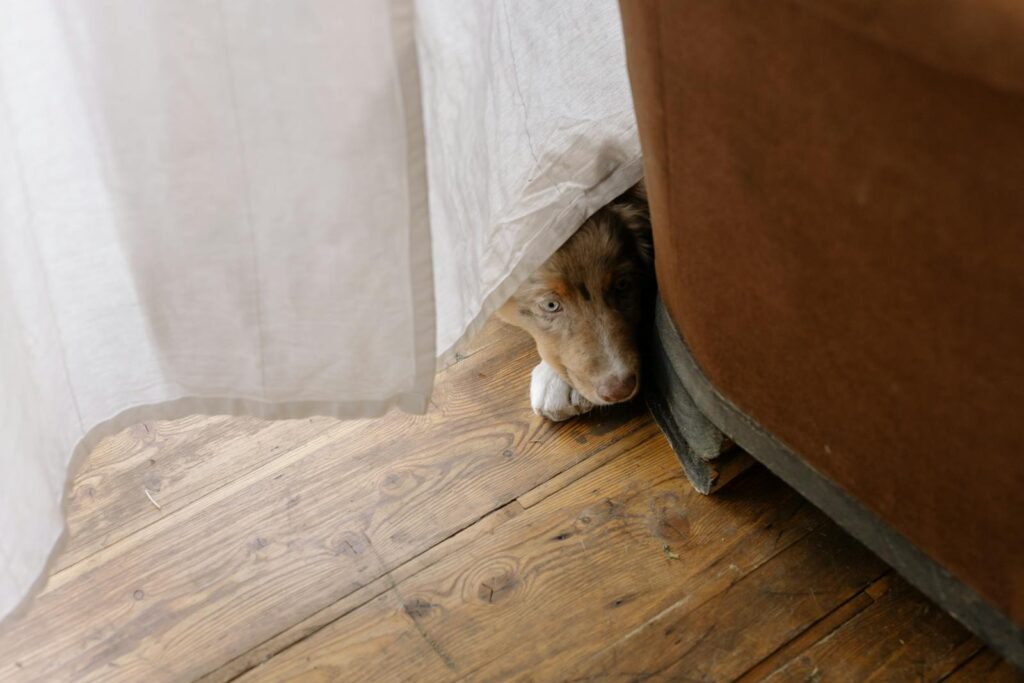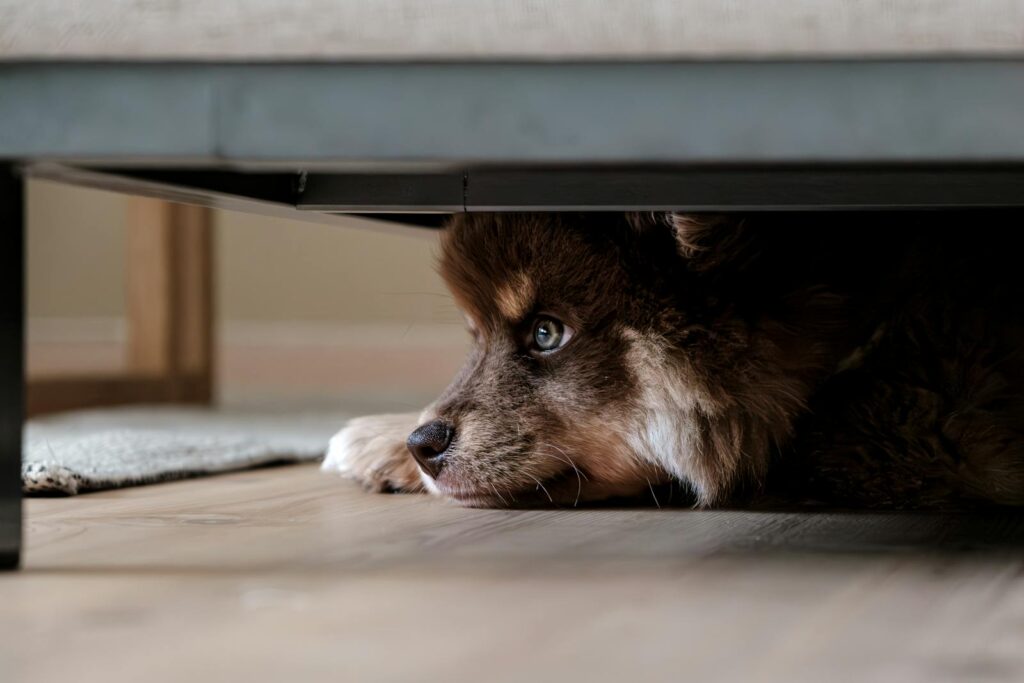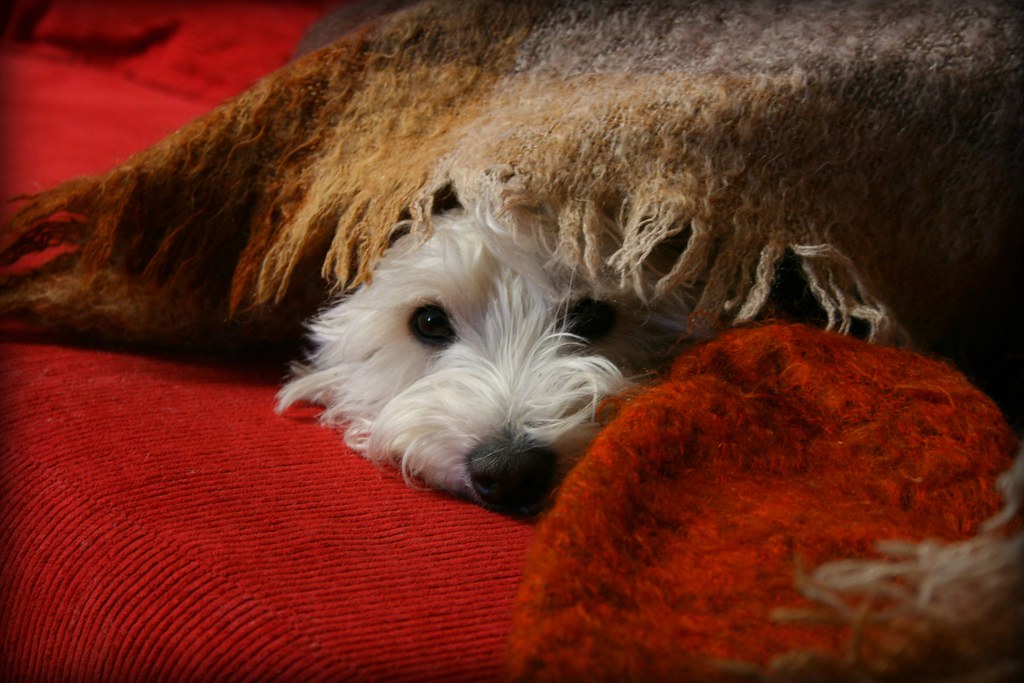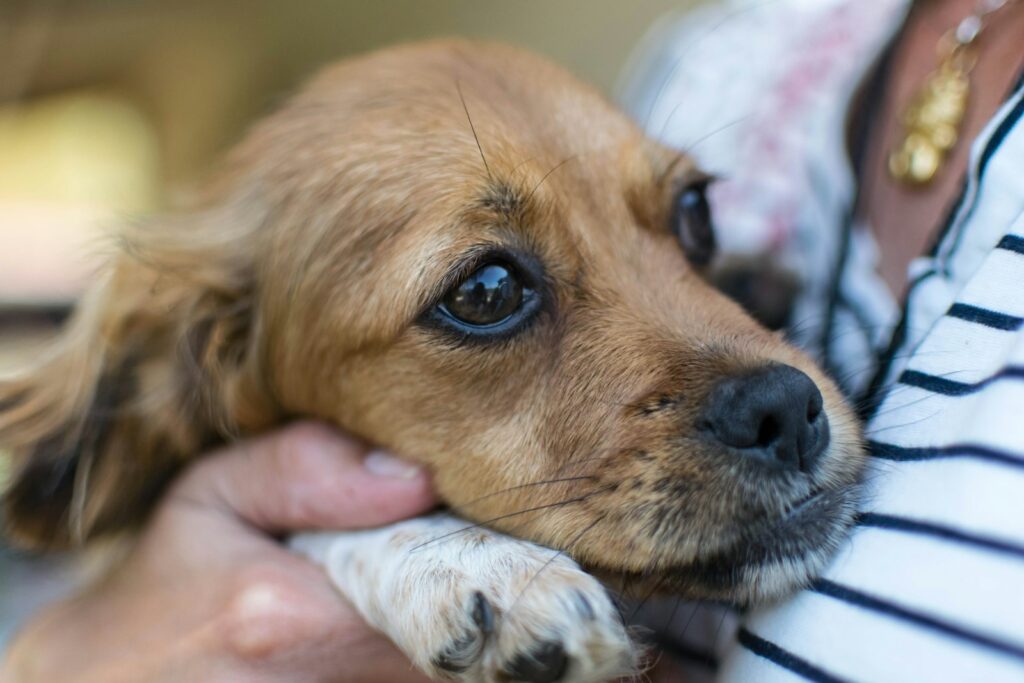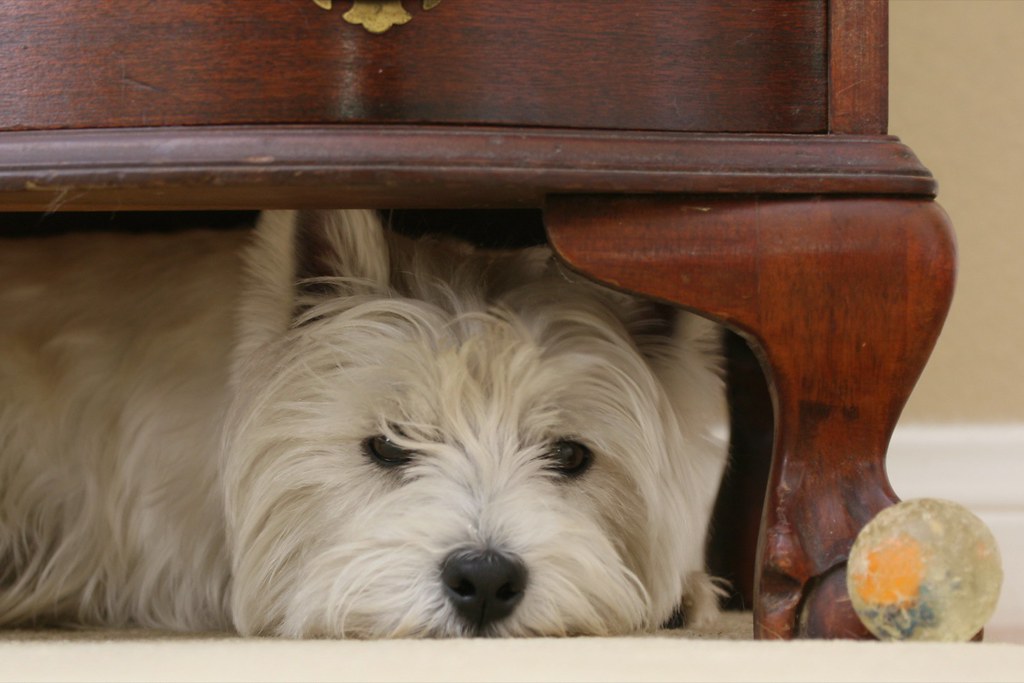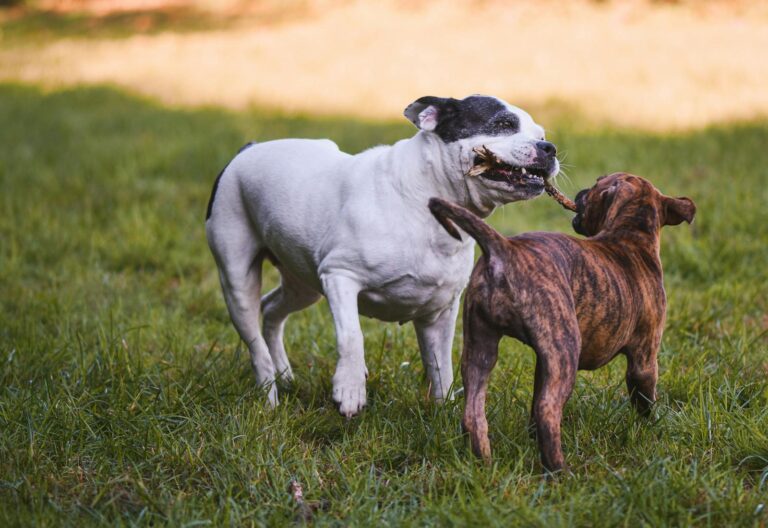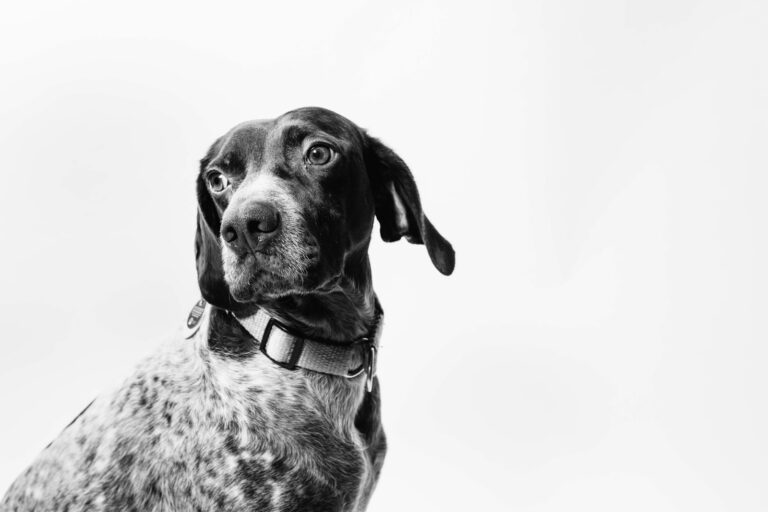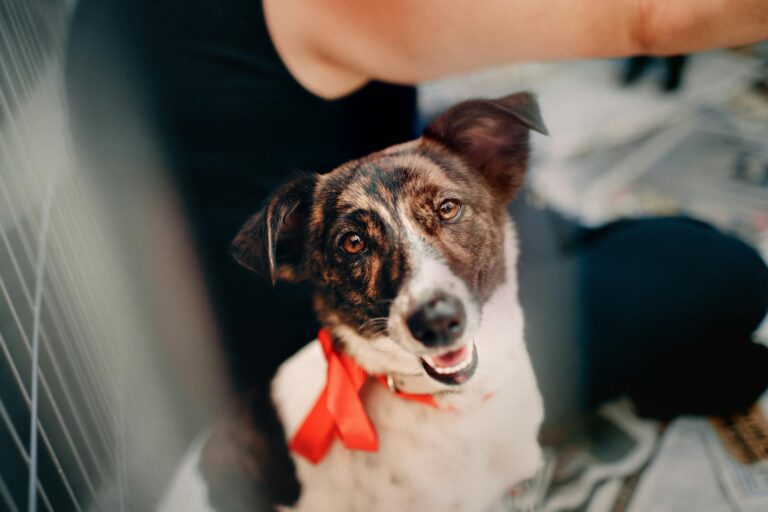How to Help Your Dog Overcome Fear of Loud Noises
Common Triggers That Cause Noise Anxiety in Dogs
Dogs have sensitive hearing, so sudden or unfamiliar loud noises can startle them. Some of the most common noise-related fears include:
🔊 Fireworks – The unpredictable booms and flashing lights can make dogs feel trapped and vulnerable.
⛈️ Thunderstorms – The combination of thunder, wind, and atmospheric pressure changes can be unsettling.
🚗 Traffic and Sirens – City dogs often struggle with loud honking, revving engines, and emergency vehicle sirens.
🛠️ Household Noises – Vacuum cleaners, blenders, or even dropped objects can trigger anxiety.
🔫 Gunshots or Hunting Sounds – Common in rural areas like Missoula, MT, sudden gunfire can be particularly alarming.
Some dogs are naturally more sound-sensitive due to genetics, past trauma, or lack of early socialization. However, with the right training and management, you can help your dog build confidence and reduce fear.
Training Techniques to Desensitize Your Dog to Loud Sounds
One of the most effective ways to reduce fear-based reactions is desensitization and counter-conditioning. These methods gradually expose your dog to noises at a low, manageable level while pairing them with positive experiences.
Step-by-Step Noise Desensitization Training
1️⃣ Start with Low-Volume Exposure
- Find recordings of fireworks, thunderstorms, or traffic sounds.
- Play them at a low volume while engaging your dog in calm activities (chewing a toy, resting, or training).
2️⃣ Pair the Noise with Rewards
- Give your dog treats, play, or praise when they remain calm during the sound exposure.
- This teaches them that loud sounds aren’t a threat and can even lead to good things!
3️⃣ Gradually Increase the Volume Over Time
- Slowly raise the volume over multiple training sessions.
- If your dog shows signs of stress, lower the volume and proceed more gradually.
4️⃣ Incorporate Training Commands
- Use commands like “settle” or “place” to encourage calm behavior during noise exposure.
- Reward them for following commands instead of reacting fearfully.
5️⃣ Practice in Real-Life Scenarios
- Once your dog is comfortable with recorded sounds, expose them to controlled real-life situations (e.g., sitting outside at a safe distance from traffic).
- Continue to reward calm and confident behavior.
💡 Tip: Keep training sessions short and positive to prevent overwhelming your dog!
How to Create a Safe Space During Stressful Situations
Even with training, some dogs will still feel anxious during loud events. Providing a safe, comforting environment can help ease their stress.
🐾 Set Up a Quiet Retreat – A crate, a cozy corner, or a designated “safe space” with soft bedding can provide comfort.
🔊 Use White Noise or Calming Music – Playing soft music or using a white noise machine can help mask loud sounds.
🎾 Offer Distractions – Give your dog a high-value chew toy, frozen Kong, or interactive puzzle to keep their mind busy.
🧘 Stay Calm and Provide Reassurance – Dogs pick up on human emotions, so staying calm and composed helps them feel secure.
If fireworks or thunderstorms are expected, prepare ahead of time by closing windows, drawing curtains, and providing comfort items.
When to Seek Professional Help for Severe Anxiety
If your dog’s fear of loud noises is severe and affects their quality of life, professional training or behavior modification may be necessary.
🚩 Signs Your Dog May Need Professional Help:
✔ Extreme panic (trying to escape, damaging property, or injuring themselves)
✔ Persistent fear even after desensitization training
✔ Refusal to eat, play, or engage in normal activities during noise events
✔ Aggressive or reactive behavior triggered by loud sounds
At Off Leash K9 Training Missoula, we specialize in noise desensitization and anxiety training to help dogs feel more confident in their environment.
Does Your Dog Struggle with Noise Anxiety? Let’s Help Them Feel More Secure!
Your dog doesn’t have to live in fear of loud noises. With the right training and support, they can learn to handle noise calmly and confidently.
🐶 Need help managing your dog’s fear of loud sounds? Contact us at (406) 946-3037 or fill out the form below to schedule a FREE consultation with our expert trainers in Missoula!

